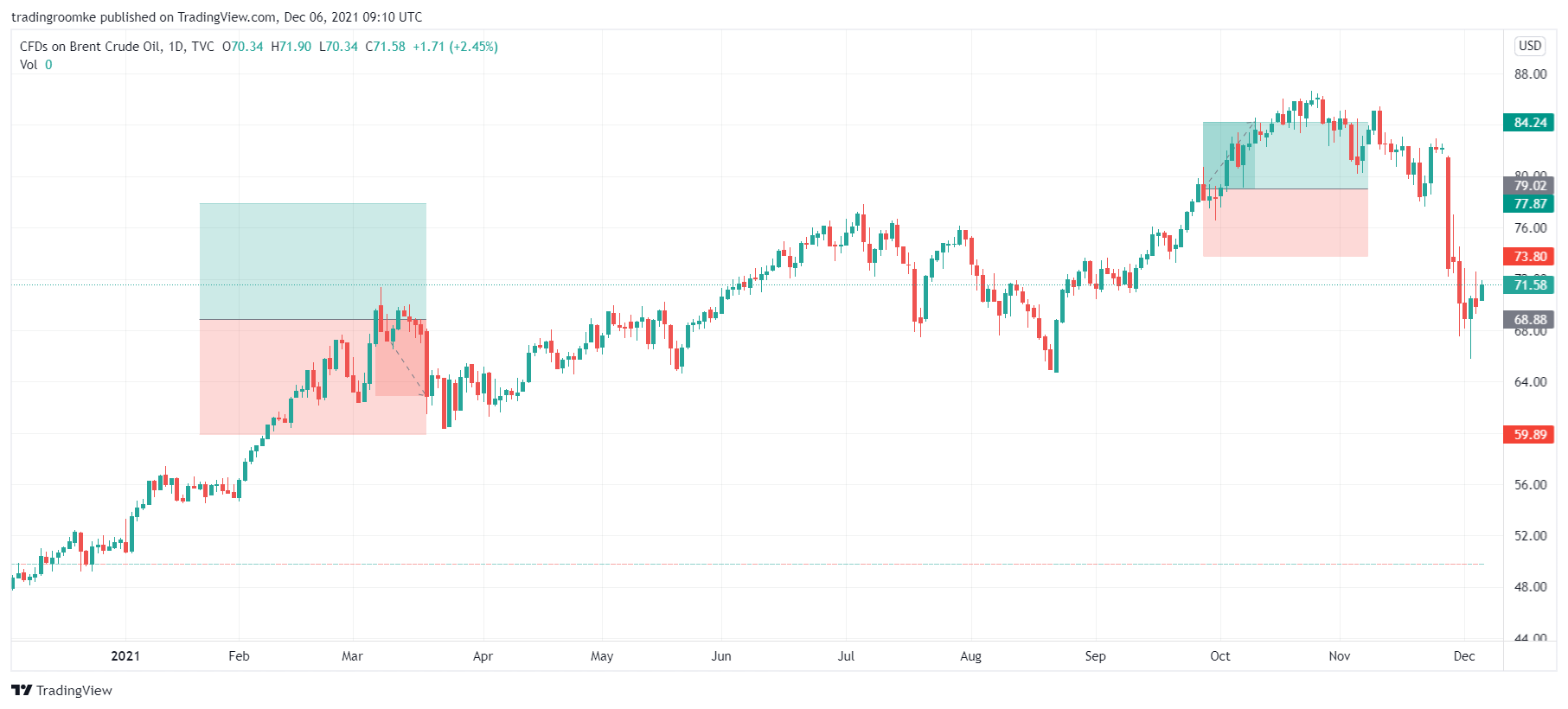Oil prices rose by more than $1 a barrel on Monday after top exporter Saudi Arabia raised prices for its crude sold to Asia and the United States, and as indirect U.S.-Iran talks on reviving a nuclear deal appeared to hit an impasse.
Brent crude futures for February gained $1.69, or 2.4%, to $71.57 a barrel by 0033 GMT while U.S. West Texas Intermediate crude for January were at $67.92 a barrel, up to $1.66, or 2.5%.

On Sunday, Saudi Arabia raised January official selling prices for all crude grades sold to Asia and the United States by up to 80 cents from the previous month.
The price hikes were implemented despite a decision last week by the Organization of the Petroleum Exporting Countries and their allies including Russia, a group known as OPEC+, to continue increasing supplies by 400,000 barrels per day in January.
Prices were also buoyed by diminishing prospects of a rise in Iranian oil exports after indirect U.S.-Iranian talks on saving the 2015 Iran nuclear deal broke off last week. European officials voiced dismay on Friday at sweeping demands by Iran’s new, hardline government. The talks are expected to resume middle of this week.
Oil Rebound Outlook.
Both benchmarks rebounded after falling last week for their sixth week in a row for the first time since November 2018 on concerns that the new coronavirus variant Omicron could impact global economic growth and fuel demand.
In another sign of the turmoil unleashed by the ever-changing pandemic, the head of the International Monetary Fund said the global lender is likely to lower its global economic growth estimates because of the new variant.
Omicron has spread to about one-third of U.S. states as of Sunday.
 GME
GME AMC
AMC